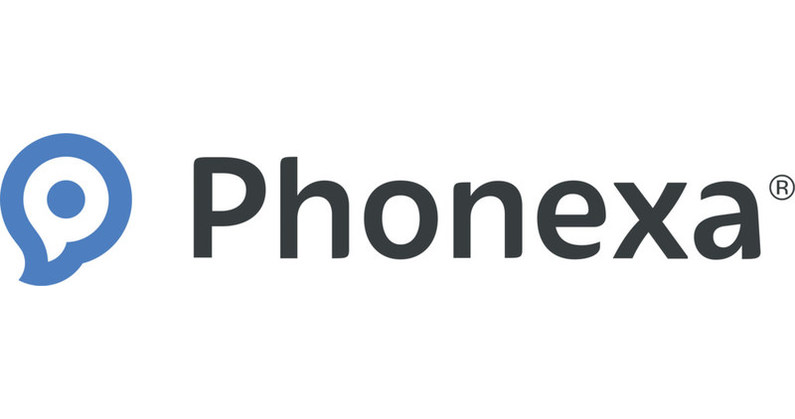The world is experiencing a major web-focused shift. The Web 2.0 internet we’re used to is changing to Web3, an environment that relies on blockchain. It’s happening rather quickly, too.
According to Fortune Business Insights, the global blockchain market could reach USD 163.83 billion by 2029, leading to a compound annual growth rate (CAGR) of 56.3% between 2022 to 2029. It’s easy to see why the demand for Web 3.0 or blockchain developers is on the rise.
While there are plenty of blockchain-focused programming languages, most developers focus on the Ethereum system, smart contracts, and code used to make smart contracts, Solidity.
What is Solidity?
Solidity is an object-oriented programming language created for Ethereum. It draws influence from Javascript, C++, and Python, so developers who have experience with these languages can easily pick up Solidity. Programs on Solidity run on the Ethereum Virtual Machine or EVM.
Solidity is primarily used to develop smart contracts that exist on the EVM. It uses ECMAScript syntax, which makes the language accessible to existing or experienced web developers.
What is a Solidity Developer?
While Solidity is the prime programming language for smart contracts, it’s also used in other applications. These include decentralized financial apps, NFT marketplaces, tokenization, decentralized autonomous organizations (DAOs), verification, validation, and much more.
For the most part, Solidity developers will focus on development and application maintenance. Solidity hopefuls should take a Solidity test to see if their prior programming knowledge is enough to land a job in the field. With that said, tech knowledge isn’t all you’ll need to succeed.
Here are other tasks an in-office Solidity developer may perform:
- Generating documents that suit their client’s needs
- Upgrading blockchain application functionalities
- Ensuring Solidity integration across client platforms
- Assessments of technical solutions in the blockchain
- Cross-functional collaboration with stakeholders
Since Solidity developers are rare, employers will pay a high premium for them. The starting salary for Solidity developers ranges from $150k to $300k, but you can earn up to $750k a year.
Why are Solidity Developers in High Demand?
Cryptocurrency and the blockchain are becoming commonplace. There are even rumors that crypto will impact the oil trade, which could open the door to other types of investment trading.
Similar to other tech positions, demand is high, but the number of skilled workers remains low. As of 2022, Solidity is less than a decade old, which is hardly enough time to train the estimated coders the industry needs. Universities and colleges don’t even teach Solidity to programmers.
Since students (and the employers that hire them) still distrust alternative forms of education, like online learning and non-bachelor degree certifications, they may avoid them. However, tech giants who are “in the know” will gladly accept any developer as long as they can do the work.
How Can You Become a Solidity Developer?
It may seem challenging to become a Solidity developer, but there are plenty of resources available to you. Current developers can also help you streamline the learning process.
Here’s what you need to know to become a solidity developer:
- Web 3.0 Fundamentals
- The Ethereum Virtual Machine
- Back end development tools
- Front end development tools
- Industry-specific tools (i.e., gaming)
The specific tools you need to learn will depend on your employer. However, Openzeppelin, Chainlink, Hardhat, DappTools, and Brownie will crop up a lot on job search websites. Get to know Web3.js if you work in the front end, as these Javascript frameworks are simple to use.
What Could Happen to Solidity Developers?
The recent 2022 crypto crash has led many to wonder if investing in Solidity is worth it. While it’s true that cryptocurrency isn’t as stable as traditional currency, it doesn’t imply that Ethereum or other popular coins will disappear forever. In fact, the market is likely to take a turn for the better.
Even if it doesn’t, Solidity can still be used to increase the security of other blockchain platforms. As long as funds are exchanged on the blockchain, there will be a need for languages like Solidity. Still, there’s no indication that EVM-based Defi projects will fade away anytime soon.
But if devs are worried, they can learn the languages Solidity was influenced by first. Python, C++, and JavaScript are widely used by software engineers and are considered safer.

